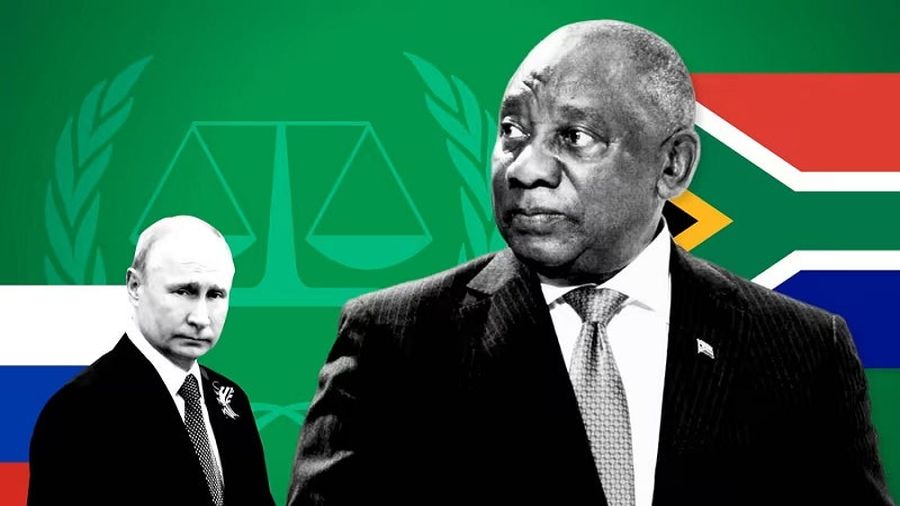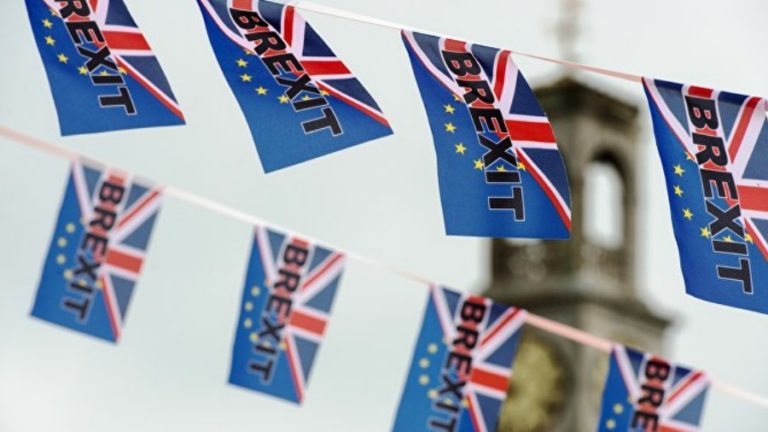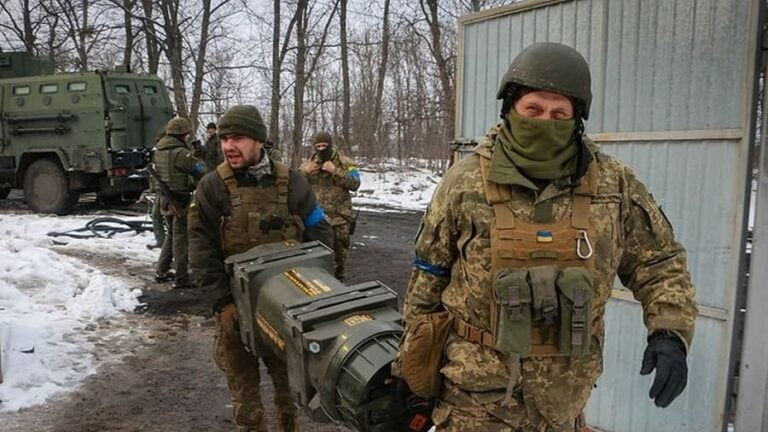South Africa Bungled the Optics of Its BRICS Compromise with Russia
What Pretoria should have done was play it cool, refuse to indulge the media circus surrounding the upcoming summit, and candidly discuss everything with the bloc behind closed doors. That would have kept up appearances for all parties involved and facilitated the possibility of fully transferring the event to an online format without any explanation required. Instead, South Africa discredited its own integrity and BRICS’ after its undiplomatic behavior made it impossible to smoothly implement this backup plan, thus resulting in a Western political victory.
South Africa announced on Wednesday that President Putin will participate in next month’s BRICS Summit virtually instead of in person as originally planned. President Cyril Ramaphosa’s spokesman later confirmed that this was agreed to because of Pretoria’s “legal obligations to the Rome Statute” after the ICC issued a warrant for the Russian leader’s arrest. No basis therefore exists for speculating that there was any other reason like many in the Alt-Media Community (AMC) have since claimed on social media.
If there were any credible threats to President Putin’s life en route to that country or while there, then the Kremlin would have informed the international community about them to raise awareness of the West’s speculative plot to assassinate him and thus discredit that de facto New Cold War bloc. Russia earlier revealed that it busted a terrorist cell that wanted to assassinate RT chief Margarita Simonyan so it wouldn’t make sense for it to cover up a supposedly much larger plot pertaining to President Putin.
The other explanation being bandied about by the AMC claiming that the Russian leader is too busy managing the special operation to travel anywhere abroad is discredited by the fact that he went to Central Asia and Iran last year despite the battlefield situation being much more serious at that time. It’s important to debunk these conspiracy theories so that folks aren’t misled by them into agreeing with the Mainstream Media (MSM) that it’s a good thing that he’s not coming to South Africa next month.
“Alt-Media Needs To Stop Overdosing On Copium & Finally Recognize Reality”, the advice of which can be applied in this context by simply acknowledging that the latest announcement is a setback, but without falling for the MSM’s trap of embracing “doom-and-gloom” narratives after this disappointment. BRICS will continue gradually accelerating financial multipolarity processes in parallel with its members and partner states in their expanded network relying more on national currencies in their bilateral trade.
Nevertheless, there are still some lessons to be learned by South Africa’s soft power fiasco after it bungled the optics of its BRICS compromise with Russia. International pressure was immediately placed on that host country to disinvite President Putin after news about his ICC arrest warrant broke earlier this spring. What Pretoria should have done was play it cool, refuse to indulge the media circus surrounding the upcoming summit, and candidly discuss everything with the bloc behind closed doors.
That would have kept up appearances for all parties involved and facilitated the possibility of fully transferring the event to an online format without any explanation required. The MSM would have still speculated that this was due to the ICC’s arrest warrant, but nothing would have ever been confirmed in that scenario, thus preserving the host country’s integrity and that of BRICS as a whole. Instead, both were discredited after the media circus made it impossible to smoothly implement this backup plan.
“South Africa’s Deputy President Spilled The Beans About His Country’s BRICS-ICC Dilemma” last week, which was very undiplomatic in hindsight due to what he revealed. In a desperate effort to generate sympathy for the plight that his country found itself in, Paul Mashatile selfishly shed light on some of the bloc’s internal divisions. In particular, he said that Brazil and India were opposed to moving the summit to China, while also claiming that only India was amenable to the idea of a purely online format this year.
For as “politically inconvenient” as it might be for some in the AMC to admit, both might actually be true. Brazil and India are trying to balance between the West and the Global South, which would have been more difficult for them to do regarding the first-mentioned had they agreed to move the summit to China after South Africa indulged in the media circus surrounding it. Had South Africa remained discrete about its political calculations, however, then those two might have felt more comfortable with this.
As for the second of Mashatile’s claims, the same observation holds true regarding his country’s undiplomatic behavior precluding this possibility. Earlier this month, India hosted this year’s annual SCO Summit virtually after announcing its decision to do so in late May without explanation, but which was likely due to the uncomfortableness of hosting Chinese President Xi amidst spiraling Sino-Indo tensions. By refusing to indulge speculation about its calculations, India helped all parties to keep up appearances.
The event was successful after everyone agreed on the contours of the emerging world order, but this probably wouldn’t have happened had India behaved undiplomatically in the run-up to it. Even though South Africa already made many soft power mistakes prior to India announcing its decision to host the SCO summit virtually without explanation, it could have learned from the example set by its BRICS partner to stop talking about its political calculations in order to salvage the group’s integrity.
Had that happened, then there might still have been political space to hold this year’s BRICS Summit online too without fellow members feeling uncomfortable, but they all were allegedly opposed to this apart from India precisely because South Africa already went too far indulging the media circus. They couldn’t have kept up the appearance that this backup plan was for reasons other than Western pressure, hence why they didn’t want to stain their multipolar reputations by sharing the burden of guilt.
India had already moved the SCO Summit online so there wouldn’t have been any shame in it supporting South Africa doing the same, but Russia and China would certainly have looked like they were covering up for South Africa capitulating to Western pressure had they agreed, which is why they allegedly didn’t. This insight directly leads to Wednesday’s scandalous announcement, which could have been avoided had South Africa behaved diplomatically and not indulged the media circus surrounding this event.
If Pretoria played it cool in public while candidly discussing everything with the bloc behind closed doors, then it would have been possible to either move the BRICS Summit to China this year or hold it entirely online like India had just successfully done with the SCO Summit. Regarding the first backup plan, Brazil’s and India’s geopolitical balancing acts wouldn’t have been damaged since a plausible pretext could have still been concocted by South Africa, though Sino-Indo tensions might still have been an issue for Delhi.
As for the second, a similar pretext could have been relied on in that scenario so as to not make it seem like Russia and China were helping to cover up for a fellow BRICS member capitulating to the West instead of holding firm against Western pressure like their supporters expect them to always do. Regrettably, neither backup plan was to be because South Africa bungled the optics of its BRICS compromise with Russia, which it has nobody to blame for but itself no matter what the AMC claims.







